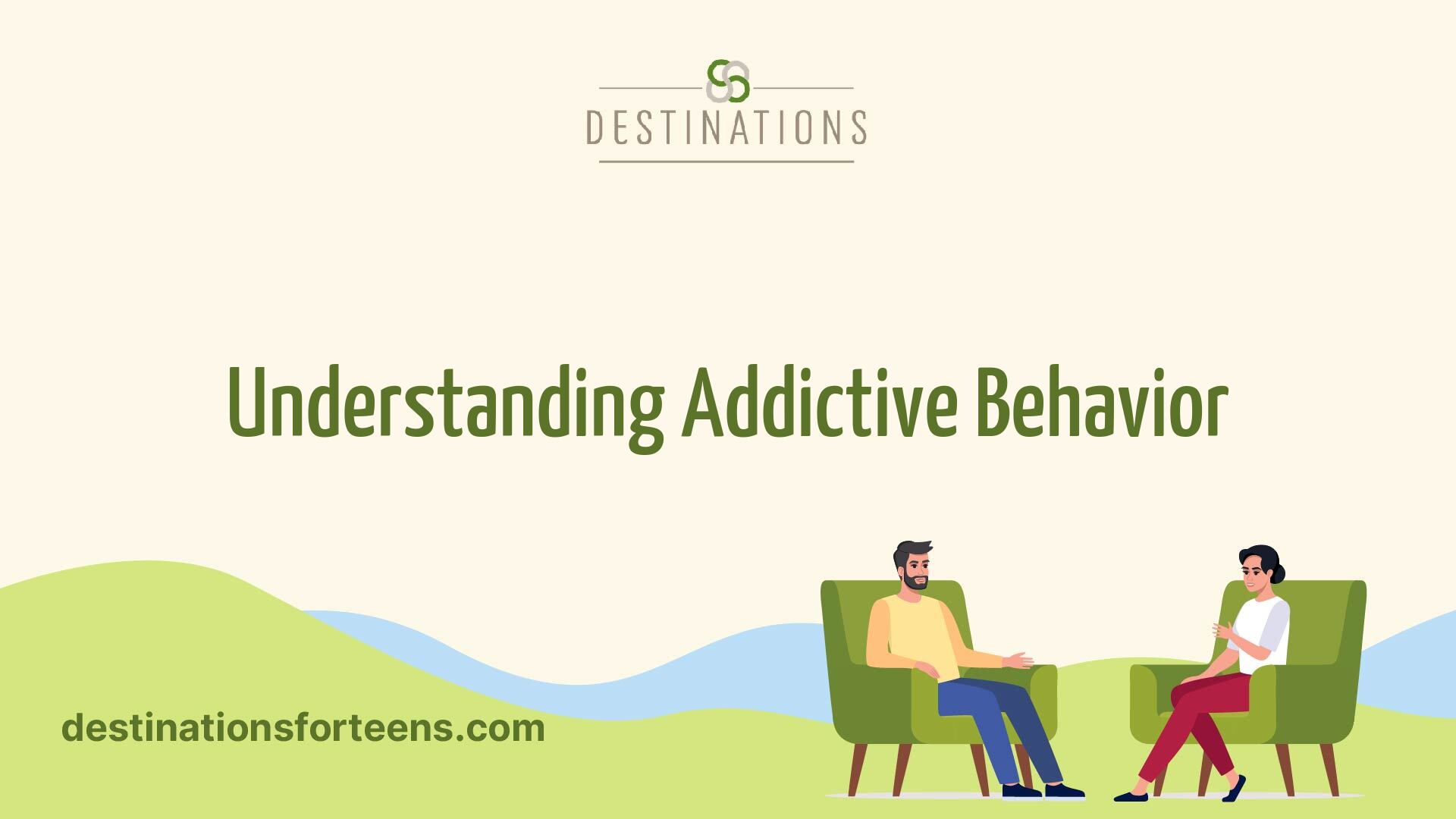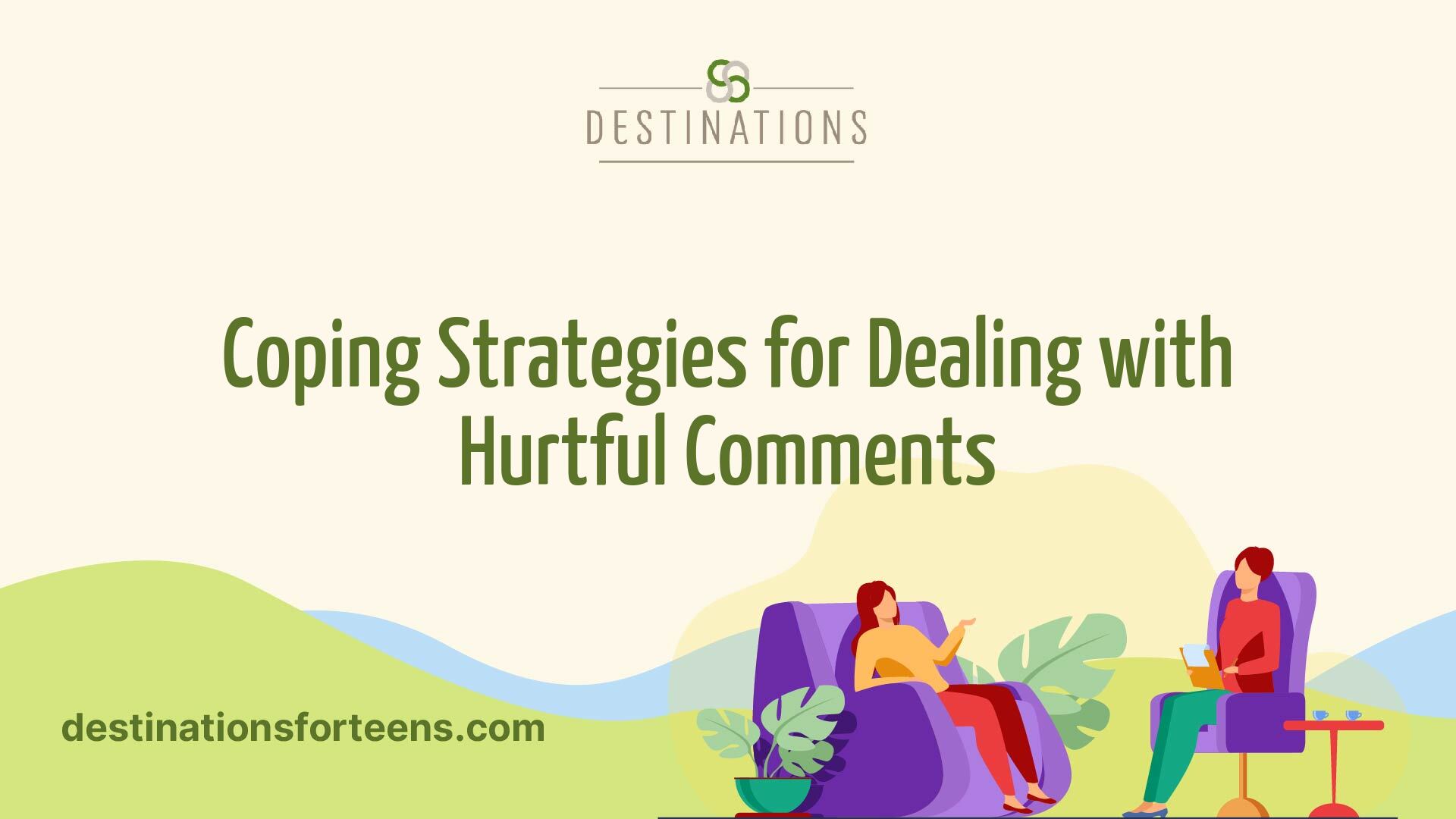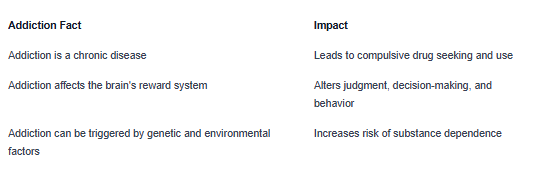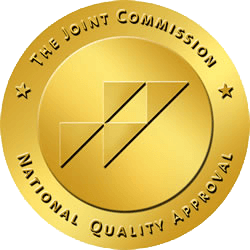What To Do When Addicts Say Hurtful Things
Expert tips on handling hurtful comments from addicts with empathy and boundaries. Stay resilient and find peace within!

Understanding Addictive Behavior
Exploring the complexities of addictive behavior is crucial in understanding how individuals impacted by addiction may express themselves. This section delves into recognizing the profound impact of addiction and delving into the nature of hurtful comments that may arise from individuals struggling with addiction.
Recognizing the Impact of Addiction
Addiction can have far-reaching consequences, affecting not only the individual grappling with it but also those around them. The profound impact of addiction is evident in various aspects of a person's life, including their relationships, behaviors, and overall well-being. Understanding the multifaceted effects of addiction is essential in fostering empathy and compassion towards individuals navigating this challenging journey.
The Nature of Hurtful Comments from Individuals Struggling with Addiction
Hurtful comments from individuals contending with addiction often stem from a place of inner turmoil and emotional distress. These comments may manifest as defense mechanisms, attempts to deflect responsibility, or expressions of pain and frustration. It is important to recognize that such hurtful remarks are not a reflection of the individual's true character but rather indicative of their struggles with addiction and related challenges.
By acknowledging the impact of addiction on individuals and comprehending the underlying reasons behind hurtful comments, one can approach interactions with empathy, understanding, and a willingness to support those navigating the complexities of addiction.

Coping Strategies for Dealing with Hurtful Comments
Navigating hurtful comments from addicts can be challenging, but there are effective coping strategies that can help individuals maintain their emotional well-being. Two key approaches to handling hurtful comments include cultivating empathy and understanding, as well as setting boundaries and prioritizing self-care practices.
Cultivating Empathy and Understanding
When faced with hurtful comments from addicts, it's important to approach the situation with empathy and understanding. Recognizing that the words spoken may be influenced by the individual's struggles with addiction can help in reframing the hurtful remarks. By empathizing with the addict's internal battles and challenges, one can begin to separate the person from their addiction.
Moreover, seeking to understand the underlying emotions and motivations behind the hurtful comments can create a space for meaningful communication and potential resolution. Engaging in open dialogue and actively listening to the addict's perspective can foster empathy and contribute to building a more compassionate relationship.
Setting Boundaries and Self-Care Practices
In addition to cultivating empathy, setting boundaries is essential for protecting one's emotional boundaries and well-being. Establishing clear boundaries that define acceptable behavior and communication can help in mitigating the impact of hurtful comments. Communicating these boundaries calmly and assertively is crucial in maintaining respect while addressing the harmful effects of hurtful remarks.
Self-care practices also play a vital role in coping with hurtful comments from addicts. Prioritizing self-care activities that promote relaxation, stress relief, and emotional healing can help in managing the emotional toll of negative interactions. Engaging in activities such as mindfulness exercises, exercise routines, or creative outlets can provide individuals with the necessary tools to navigate challenging situations and maintain their emotional resilience.
By combining the practices of cultivating empathy and understanding with setting boundaries and prioritizing self-care, individuals can develop a holistic approach to managing hurtful comments from addicts. Implementing these coping strategies can help individuals safeguard their emotional well-being while fostering healthier and more constructive relationships with individuals struggling with addiction.
Effective Communication Techniques
When faced with hurtful comments from individuals struggling with addiction, employing effective communication techniques can help navigate difficult conversations and maintain healthy boundaries. Two key strategies for communication in such situations are active listening and assertive communication.
Active Listening
Active listening involves fully concentrating, understanding, responding, and remembering what is being said. When engaging in conversations with addicts who may make hurtful comments, practicing active listening can foster a sense of trust and empathy. By actively listening, you show respect for the other person's thoughts and feelings, even if they are expressing negativity.
Active listening can help create a safe space for honest communication and encourage the individual to share their thoughts and emotions more openly. It involves giving your full attention, maintaining eye contact, nodding to show understanding, and summarizing what has been said to ensure clarity.
Assertive Communication
Assertive communication is another valuable technique when dealing with hurtful comments from addicts. Assertiveness involves expressing your thoughts, feelings, and boundaries in a clear, respectful, and confident manner. By practicing assertive communication, you can address any hurtful remarks assertively without resorting to aggression or passivity.
When responding to hurtful comments, assertive communication enables you to assert your feelings and boundaries while also acknowledging the other person's perspective. It involves using "I" statements to express your emotions, setting clear limits on what behavior is acceptable, and being firm yet empathetic in your communication.
Using a combination of active listening to understand the underlying emotions and assertive communication to express your own feelings and boundaries can promote healthier interactions with addicts who may unintentionally make hurtful comments. By mastering these communication techniques, you can navigate challenging situations with empathy, understanding, and self-assurance.
Seeking Support
When faced with hurtful comments from individuals struggling with addiction, seeking support is essential in navigating such challenging situations. There are various avenues for support that can provide guidance, understanding, and assistance in coping with the impact of hurtful remarks. Two key sources of support include professional help and therapy, as well as support groups and community resources.
Professional Help and Therapy
Professional help and therapy play a significant role in addressing the emotional toll of hurtful comments from addicts. Therapists and counselors specializing in addiction and mental health can offer a safe and non-judgmental space to process difficult emotions, explore coping mechanisms, and develop healthy strategies for dealing with hurtful interactions.
It is important to prioritize finding a therapist or counselor who has experience working with addiction-related issues. These professionals can provide individualized support tailored to your specific needs and circumstances. Through therapy, individuals can gain valuable insights, improve their emotional well-being, and enhance their resilience in handling challenging situations.
Support Groups and Community Resources
Support groups and community resources serve as valuable outlets for connecting with others who may be experiencing similar challenges. Joining a support group specifically for individuals affected by addiction can offer a sense of camaraderie, shared experiences, and mutual support. Engaging with peers who understand the complexities of addiction can help individuals feel less alone and more empowered to address hurtful comments effectively.
Additionally, community resources such as helplines, online forums, and local organizations dedicated to addiction support can provide additional sources of information, guidance, and assistance. These resources offer a platform for individuals to access valuable insights, practical tools, and emotional support from a wider network of professionals and peers.
By actively seeking support through professional help, therapy, support groups, and community resources, individuals can equip themselves with the necessary tools and assistance to navigate the challenges posed by hurtful comments from individuals struggling with addiction. Building a strong support system is crucial in fostering resilience, promoting emotional well-being, and cultivating effective coping strategies in the face of adversity.
Strategies for Long-Term Resilience
When facing hurtful comments from individuals struggling with addiction, it's essential to build resilience and maintain emotional well-being over the long term. Educating oneself about addiction and fostering forgiveness and compassion are key strategies in this journey.
Educating Yourself about Addiction
Understanding addiction, its complexities, and its impact on individuals is crucial in navigating hurtful interactions with addicts. By educating oneself about the nature of addiction, its causes, and effects, one can gain insight into the behaviors and thought patterns of those struggling with addiction.

Armed with knowledge about addiction, individuals can develop empathy and a deeper understanding of the challenges faced by those with addiction. This awareness can help in responding to hurtful comments with compassion and patience, fostering healing and positive communication.
Practicing Forgiveness and Compassion
In the face of hurtful comments from addicts, practicing forgiveness and compassion is a powerful tool for building resilience and maintaining emotional well-being. Forgiveness does not condone hurtful behavior; rather, it enables individuals to release resentment and anger, freeing themselves from the emotional burden of negativity.

By extending compassion towards individuals struggling with addiction and practicing forgiveness for hurtful remarks, one can cultivate inner peace and strength. This approach empowers individuals to respond to challenging situations with grace and understanding, contributing to long-term resilience and emotional well-being.
Educating oneself about addiction and embracing forgiveness and compassion are valuable strategies for fostering resilience and navigating difficult interactions with addicts. By prioritizing self-awareness and empathy, individuals can build inner strength and respond to hurtful comments with grace and understanding, fostering healing and positive communication in the face of adversity.
Sources
https://www.clearstepsrecovery.com/addiction-recovery-blog/what-to-do-when-addicts-say-hurtful=
https://mpowerwellness.com/addicts-say-hurtful-things/
https://www.aristarecovery.com/blog/what-to-do-when-addicts-say-hurtful-things

We Are Here To Help.
Call Us Today!
%201.png)
Subscribe To Our Mailing List
%201.png)




